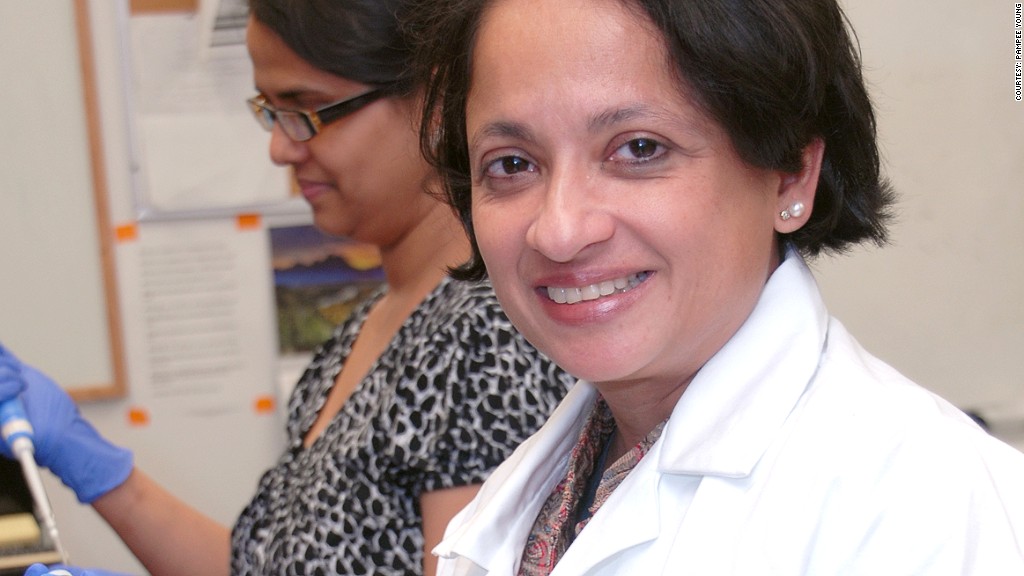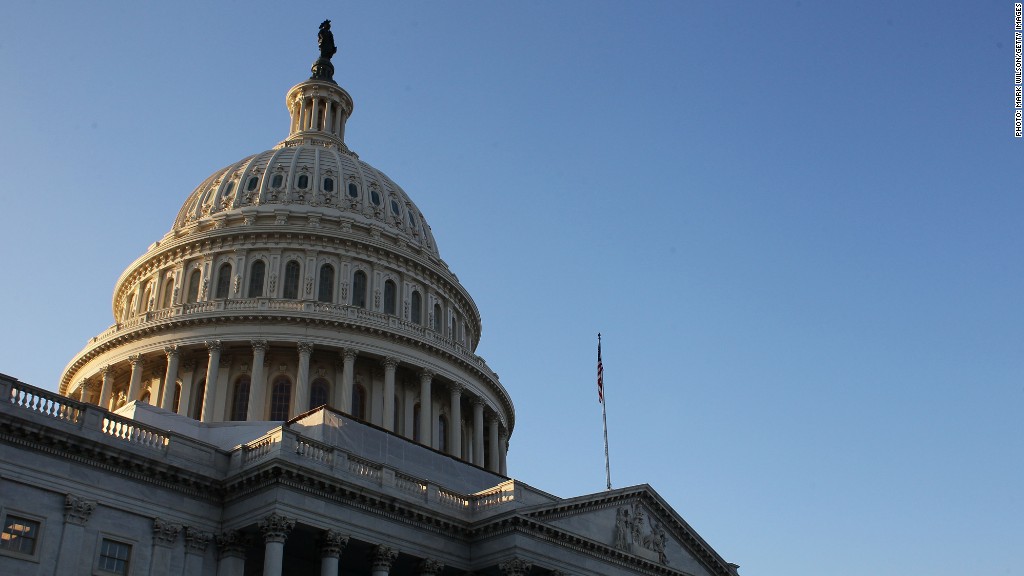
Dr. Pampee Young's research could lead to a breakthrough drug that will heal soldiers' wounds and repair hearts.
But Young's research could soon be put on ice from Washington politics and the so-called fiscal cliff. The jobs of six lab associates are also at risk.
Though the U.S. Department of Defense has promised to fund Young's research, the agency won't release money unless the fiscal cliff is resolved. Congress has to act by December to avoid triggering a massive government spending cuts and tax hikes totaling $7 trillion.
Young's story is a microcosm of the fears reverberating through the nation's laboratories, where breakthrough drugs are hatched.
"It has put this curtain of dread," said Young, an associate professor at Vanderbilt University Medical Center, who studies stem cells' role in repairing wounds and regeneration in heart disease and cancer. The grant would allow her to test the cell molecules on mice and pigs.
Fearing the massive cuts, some government agencies are holding back funding. That's led to a near standstill in research grants, according to scientists and medical lobbying groups.
The funding shortage comes at a time when science and medical research has already gone through tough times. The National Institutes of Health, the largest supporter of biomedical research in the United States, has not kept pace with inflation in giving out grants in the last decade, according to the Congressional Research Service.
Less than 18% of those who applied for NIH grants got funding in 2011, an all-time low "success rate." Between 1998 and 2003, scientists had a 30% or better chance of getting grants.
Related: Candidates mum on fiscal cliff
The deep recession and slow economic recovery compounded with the tight budget situation has made it far more competitive to get biomedical grants, scientists say.
Young has applied for more than 10 grants in 18 months for her research. She's received a few small grants from associations and private companies, but not enough to keep her lab going for long.
If Young doesn't receive the grant, it will halt her research. It could also force her to cut lab staff, currently made up of three graduate students, two postdoctoral fellows and one technician.
Young has already turned away 15 students who requested to intern in her lab this year due to lack of funding. Vanderbilt University administrators this month told her department faculty that if the tough funding climate continues, the university will have to cut staff as well.
Young is worried about the impact all this is having on the next generation of scientists.
"If you get rid of a generation of scientists, you don't make progress in science because it takes so long to train them," Young said.
It's unclear exactly how the government budget cuts slated to take place on Jan. 2 would hit research funding.
Related: 5 things business can teach Washington
Some groups are stepping in to bridge such funding gaps. The American Society of Hematology, a professional group involved in studying blood disorders, has set up its own $9 million fund for member scientists. Though vastly smaller when compared to government funds, the group aims to help scientists who have already applied for NIH funding and received high scores but have been denied because of the NIH's tight budget.
Young is applying for funds from the hematology group.
For now, members of Congress are distracted with the election. President Obama has said the nation will not go over the fiscal cliff. But, no one knows for sure.

Young realizes that a lot of federal programs are at stake, but fears the longer term effects of cuts.
"I don't believe that Washington is targeting science, but I also don't believe that people understand the larger ramifications of cutting back on science," she said.


